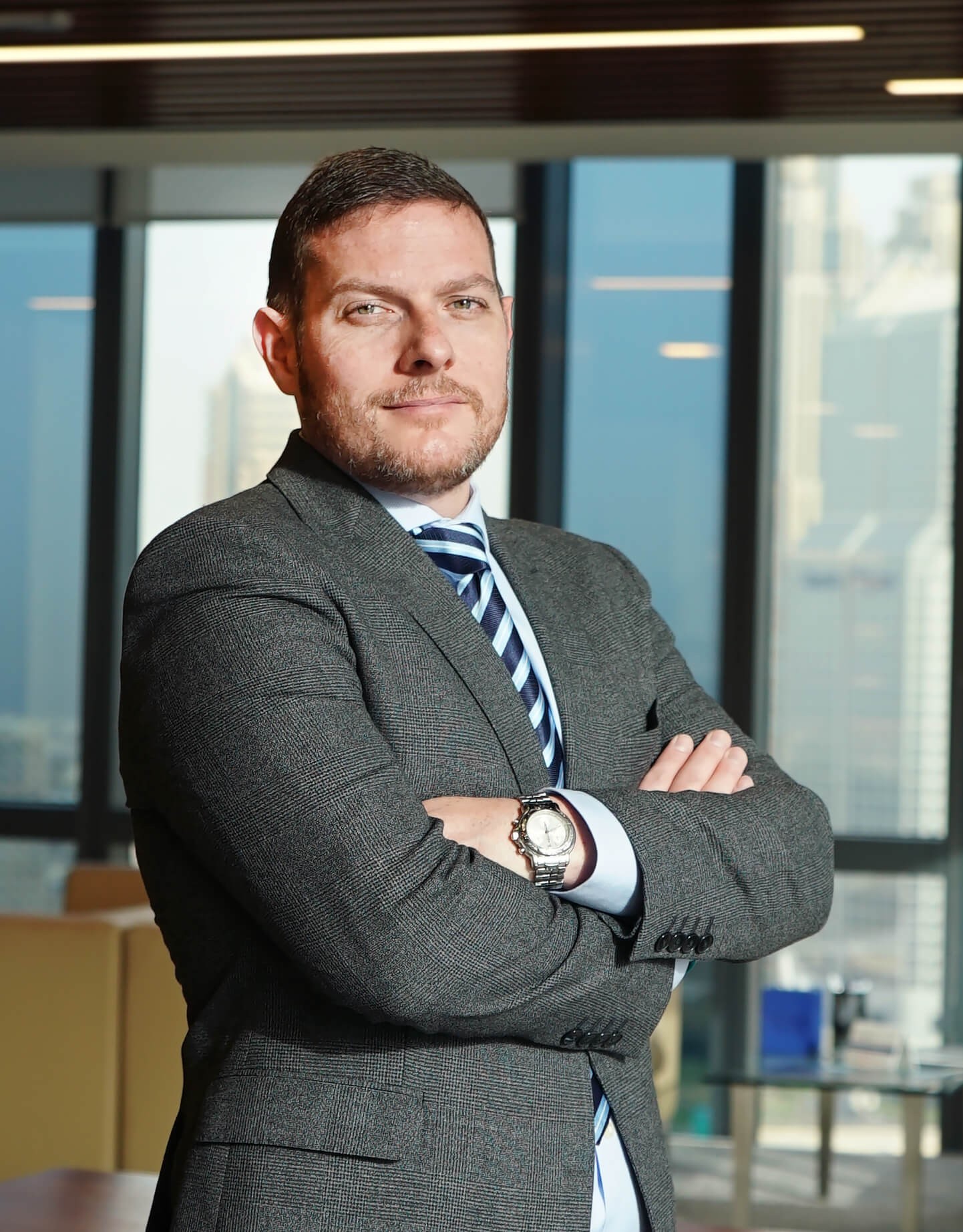Over 75% of CEOs define business success by more than profit, and companies the world-over battle to balance commercial growth with the greater good.
That’s why 64% of CEOs say corporate social responsibility (CSR) is core to their business, rather than a standalone.
But when you don’t have much spare cash, CSR can feel unattainable.
You don’t have to be rolling in profit to give back to your community though. Start building a culture of CSR from the earliest stages of your business, to lay the best foundations for your future growth.
Here’s how:
- Tether donations to proceeds
- Give free workshops
- Offer work experience placements
- Become a mentor
- Volunteer in the community
- Run a giveaway
- Support your people
Tether donations to proceeds
If you want to give back without breaking the bank, tie donations to proceeds. Or to positives, at least. That way, you only give when the business is winning.
For example:
- Donate a percentage of profit
- Donate whenever you give an employee bonus
- Donate whenever you score a new client
The idea is to embed early on the principle of giving back.
Right now, you might not have much profit to talk about. But setting the intention means by the time you do, your startup’s CSR ethos will be engrained.
Give free workshops to local groups
Even if you have zero spare cash, you can still give back to your local community with your time. Your expertise could be a valuable donation for aspiring entrepreneurs, for example.
Plus it’s win/win. Running workshops can help build your inner confidence while helping hone your presentation skills in a low-stress environment.
Confidence in your own ideas and the ability to express them is fundamental to your own startup journey. But it’s an area many entrepreneurs struggle with, even if they project an image that all is well. So think of this as training.
And who knows? Free workshops in your local youth centre could be your entry point onto the speaking circuit, and all the benefits that come with it.
Offer work experience placements
Offering work experience allows you to give back to your community while securing a lower-cost employee who can help the business.
An employee who, if you treat them right, could become a lifelong asset.
There’s a vast amount of negative global press around exploitative internships right now. Only offer a work experience placement if you’re truly coming from a philanthropic place, not a self-serving one.
To build a great internship or work experience opportunity:
- Discuss your interns’ goals and build a bespoke programme to achieve them
- Ensure there’s enough workload to challenge interns constantly
- Set aside plenty of one-on-one mentoring time to help interns progress
- Compensate them fairly, even if that’s just expenses and performance bonuses
- Encourage interns to integrate into and leverage your network
- Seek regular feedback to understand how else you can support your interns
Become a mentor
Mentoring can offer huge returns for mentees without a large time-cost investment from your side. In fact, mentoring could simply mean sitting down for a half-an-hour coffee with someone your junior.
Becoming a mentor can be hugely rewarding, as you watch your mentee overcome challenges and progress. And it can grow your own abilities as well.
We’ve talked before about reverse mentoring, especially if you’re 30+. The tech landscape is ever-changing – a mentor/mentee relationship with a tech-savvy student could be a fantastic way to keep your finger on the pulse.
Volunteer for community projects
Volunteering in your community is another fantastic way to give back without digging into your proverbial pockets.
It can really boost your profile as a local philanthropist. If you sell products or services locally, being well-respected in the community often translates into better business perception – and that translates into better business growth.
Think outside the box here.
Sometimes entrepreneurs feel they have to change the world but every small-but-genuine difference matters. Even if that’s just you, as an individual, lending a few hours of your time to someone who needs it.
Such as:
- Pet shelters
- Homeless shelters
- Community initiatives
- Elderly people’s homes
- Food banks
- Public holiday toy and food programs
Run a giveaway
If you don’t have cash, and you don’t want to give up too much time, there’s another big asset to consider. Your product, solution or service.
Running a giveaway can be the perfect way to help out your community and generate some feel-good PR while you’re at it.
For example: ‘Uber for lawncare’ startup GreenPal donated a year’s free lawn mowing as a present for someone in need. Doing so wasn’t just a lovely gesture; it helped raise their profile following their recent launch in Tampa Bay.
Generosity now can drive loyalty later, as gift recipients become familiar with, and advocates for, your offering.
Or you could run a one-for-one giveaway, where you donate one of your products for every one sold. That would help your customers feel good about giving back too.
Support your people
As your startup grows, you want to attract and retain people who fit into your give-back culture. So you’ll ultimately be surrounded with other budding philanthropists, who have their own ideas and priorities around CSR.
Here’s where you prove your commitment to CSR, by encouraging and supporting your workforce to develop their own giving-back initiatives. It’s about setting a culture of giving.
You don’t need bundles of cash. Think of non-traditional ways to sponsor employees. Could you offer some extra time-off, for example, to incentivise employees’ efforts?
Giving back – making it part of your company
CSR isn’t a standalone thought or add-on. It should be a fundamental part of how you do business – and how you want the business to grow. With some creative thinking, entrepreneurs can find ways to create a culture of corporate social responsibility from day one – even with little spare cash in the coffers.

Mike Cook, Chief Marketing & Communications Officer, CREATIVE ZONE
Mike oversees the strategic market planning and penetration at CREATIVE ZONE. Responsible for the development and implementation of our marketing programmes, he brings to the role over 20 years of experience working and living in the Middle East. Having previously worked for several Fortune 500 companies, Mike is driven by challenge and has seen success delivering unique marketing projects and driving growth in every role he has held. Mike graduated with a BSc degree in Product Design and Marketing from the University of Sunderland in 2000 and has attended several Strategic Leadership programmes, more recently at Harvard Business School, Boston, Massachusetts.




